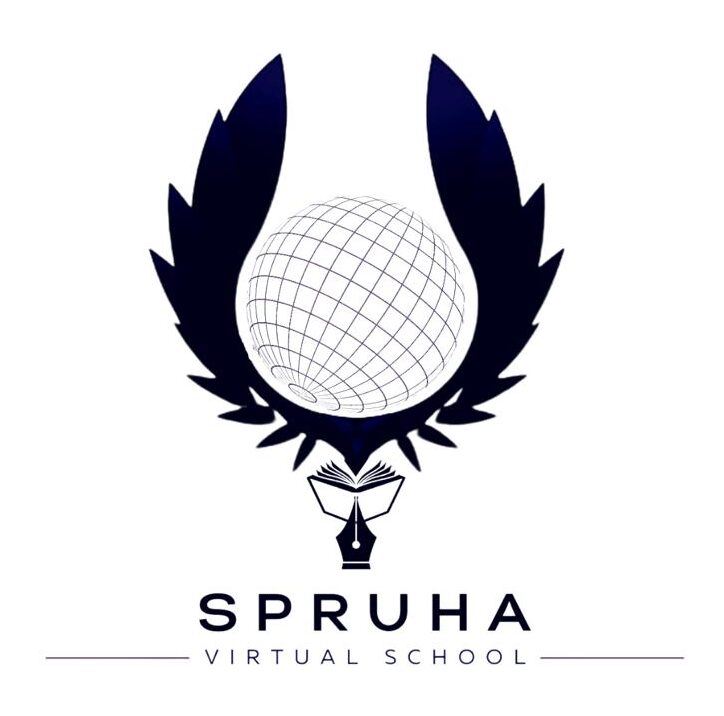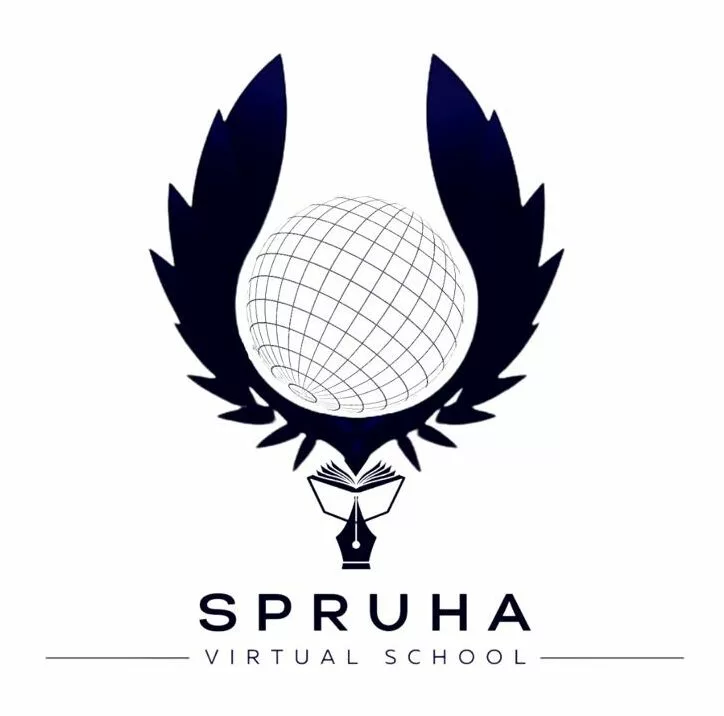In today’s dynamic educational landscape, homeschooling and unschooling have emerged as compelling alternatives to traditional schooling. Families are increasingly opting to educate their children at home, seeking to break away from the constraints of conventional classroom settings. These alternative approaches prioritize flexibility, personalized learning, and a departure from the one-size-fits-all model of education.

Recognizing the Value of Unconventional Learning
Unschooling, in particular, champions a radical departure from traditional education methods. Instead of adhering to a predetermined curriculum, unschoolers advocate for a more organic approach to learning. This self-directed approach encourages children to pursue their passions and interests, fostering creativity, critical thinking, and independence. By recognizing that learning happens everywhere, unschooling empowers individuals to take ownership of their education journey.
Shifting Perspectives on Academic Success
One notable shift in the education landscape is the growing recognition of unschooled students by institutions of higher learning. Some universities now show preference for applicants who have been unschooled, valuing the diverse perspectives and skill sets they bring to the table. This paradigm shift challenges the traditional notion that academic success is solely determined by formal schooling, highlighting the importance of alternative pathways to learning.
Reflecting on Personal Experiences
Personal anecdotes offer insights into the limitations of traditional schooling. Many individuals recall their school years with little enthusiasm, citing a lack of meaningful learning experiences within the confines of the classroom. Instead, they attribute their growth and development to activities pursued outside of school, where they could explore their interests and passions. These reflections underscore the need for educational approaches that prioritize individualized learning and holistic development.
Celebrating Success Beyond the Classroom
The success stories of un-schoolers serve as inspiring examples of the potential of alternative education approaches. From artists and filmmakers to chefs and musicians, these individuals have thrived outside the traditional education system. Their achievements highlight the effectiveness of personalized, self-directed learning in nurturing talent, fostering creativity, and unlocking potential. By celebrating diverse pathways to success, we can broaden our understanding of education and create a more inclusive learning environment for all.
Conclusion: Navigating the Path Ahead
As we navigate the evolving landscape of education, the rise of homeschooling and unschooling presents a compelling opportunity to redefine our approach to learning. These alternative pathways offer flexibility, personalization, and a departure from the constraints of traditional schooling. By embracing the principles of self-directed learning and prioritizing individual interests and passions, we can empower learners to unlock their full potential and thrive in an ever-changing world.
Moreover, the recognition of unschooled students by institutions of higher learning signals a broader shift in our understanding of academic success. By valuing diverse perspectives and skill sets, universities are challenging the notion that formal schooling is the only path to achievement. This paradigm shift opens doors for individuals from non-traditional backgrounds to pursue higher education and contribute meaningfully to society.
In reflecting on our own educational experiences, we must recognize the limitations of traditional schooling and embrace alternative approaches that prioritize holistic development. Personal anecdotes underscore the importance of fostering curiosity, creativity, and independence in learners, both inside and outside the classroom.
Ultimately, the journey beyond traditional schooling is one filled with possibilities waiting to be explored. Whether through homeschooling, unschooling, or community initiatives, there are countless opportunities for individuals to pursue their passions and chart their own educational journey. As we embrace this new paradigm of education, let us forge ahead with optimism and determination, paving the way for a brighter and more inclusive future for all learners.
FAQs
Homeschooling is an educational approach where parents choose to educate their children at home rather than sending them to traditional schools. It allows for a more personalized learning experience tailored to the individual needs and interests of the child.
Unschooling is a subset of homeschooling that takes a more flexible and child-led approach to education. Instead of following a structured curriculum, unschoolers allow children to pursue their interests and passions, believing that learning happens naturally through everyday experiences.
Yes, homeschooling and unschooling are legal in many countries, including the United States and India. However, specific regulations and requirements may vary depending on the jurisdiction. It’s essential for parents to research and understand the legal requirements for homeschooling or unschooling in their area.
Many colleges and universities now recognize unschooled students and value the unique perspectives and skills they bring. Unschooled students may submit portfolios, standardized test scores, or participate in interviews as part of the college admissions process. Some institutions may also offer alternative pathways for admission, such as foundation programs or entrance exams.
Yes, unschooled students can excel academically and thrive in various fields. By following their interests and passions, unschooled students develop critical thinking skills, creativity, and a love for learning that prepares them for success in higher education and beyond.
Alternative education approaches offer several benefits, including personalized learning, flexibility, and a focus on holistic development. These approaches allow children to learn at their own pace, explore their interests, and develop essential life skills such as problem-solving, communication, and independence.
Homeschooling and unschooling may not be suitable for every child or family. Parents need to consider their child’s learning style, personality, and individual needs when deciding on an educational approach. Some children thrive in traditional school settings, while others may benefit from alternative education options.
Parents can support their child’s education in a homeschooling or unschooling environment by providing a nurturing and supportive learning environment, encouraging exploration and curiosity, and facilitating opportunities for hands-on learning and real-world experiences. It’s also essential for parents to connect with other homeschooling or unschooling families for support and resources.
Yes, there are many resources available for parents interested in homeschooling or unschooling, including online forums, support groups, curriculum providers, and educational materials. It’s essential for parents to research and explore different options to find what works best for their child and family.
To learn more about homeschooling, unschooling, and other alternative education approaches, consider reading books, attending workshops or conferences, joining online communities, and connecting with experienced homeschooling or unschooling families. Additionally, conducting research and exploring different resources can help you make informed decisions about your child’s education.

